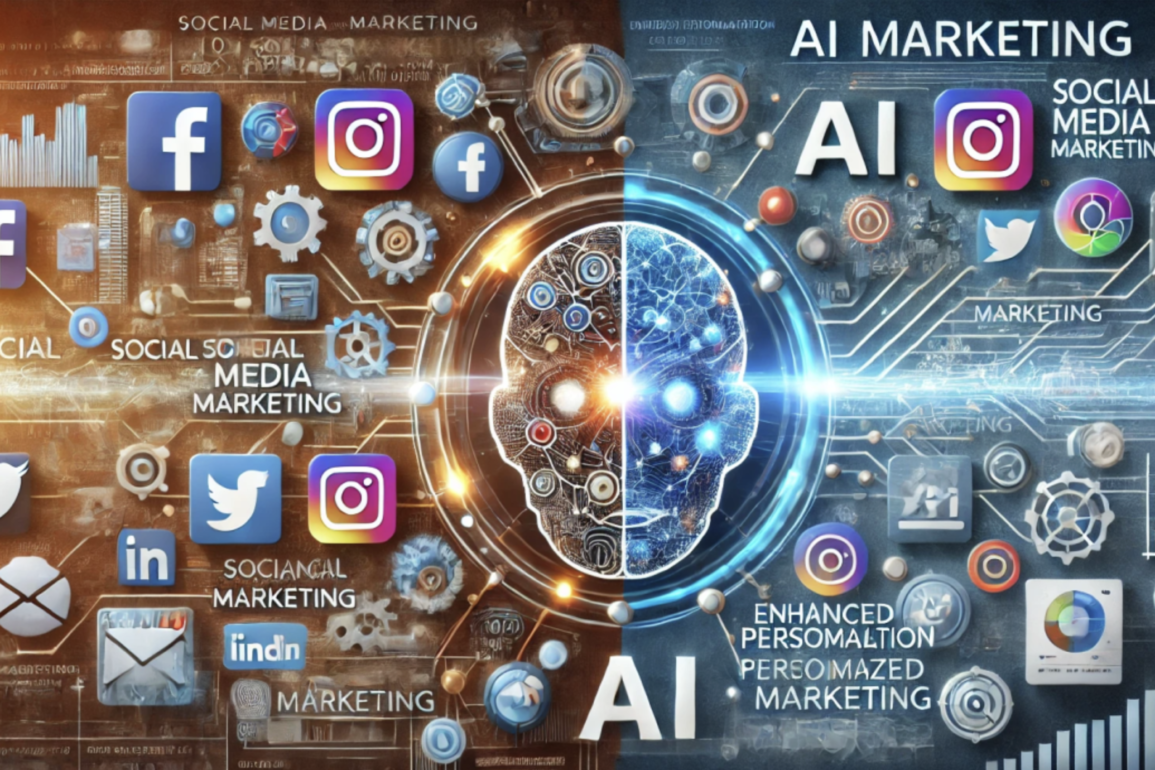The African Marketing Confederation (AMC) recently concluded its annual conference alongside TICON Africa in Accra, Ghana, setting the stage for a conversation that went beyond branding into the future of technology-driven marketing.
Bringing together more than 400 delegates from 29 countries — including participants from Ghana (229), Uganda (42), South Africa (38), Zambia (26), and Zimbabwe (24) — the event underscored both the regional depth and global reach of Africa’s marketing community, with attendees also traveling from Austria, Canada, India, Romania, the UK, and the U.S.
At the heart of the conference was the role of artificial intelligence (AI), a topic that has moved from the periphery of digital transformation to its very center. Global spending on AI for marketing is projected to surpass $107 billion by 2028, according to Statista, and Africa is beginning to carve out its share of that growth.
In markets like Nigeria, Kenya, and South Africa, brands are already using AI to optimize customer segmentation, automate campaigns, and power recommendation engines, narrowing a gap that only a few years ago seemed insurmountable.
Charles Murito, Google’s Regional Director for Government Affairs & Policy in Sub-Saharan Africa, emphasized the opportunity AI presents for entrepreneurs: “AI is not about replacing human creativity, it’s about supercharging it. It gives every single African entrepreneur the tools to tell their story to the world in the most compelling way possible.” His remarks reflect a broader trend: marketers are increasingly seeing AI not as a threat to jobs, but as an amplifier of human-led creativity.
Panel discussions revealed the dual reality marketers face. On one side, AI opens possibilities for hyper-personalized campaigns, predictive analytics, and real-time consumer insights that could level the playing field for small businesses.
A McKinsey report earlier this year found that firms integrating AI into their marketing functions saw a 10–20% uplift in sales efficiency. On the other side, challenges remain: infrastructure gaps, limited policy frameworks, and risks of deepening inequalities if access to AI tools remains skewed toward urban elites and multinational corporations.
The debate wasn’t confined to technology. Other sessions touched on brand storytelling, digital transformation, and professional ethics, framing AI as part of a larger ecosystem.
Professor Fred McBagonluri, Provost and President at Academic City University, stressed the central role of Africa’s youth in driving this shift: “Africa’s greatest resource is no longer beneath the ground. It is our young people. By investing in education and innovation, we can unlock a future defined by progress and resilience.” His comments reinforced that while AI may provide the tools, the human element — skills, ethics, and leadership — remains decisive.
What made this year’s AMC conference particularly significant was not just the turnout but the range of perspectives. Some participants pushed for stronger cross-border collaboration on digital standards, while others highlighted the need for local innovation ecosystems to ensure Africa doesn’t remain a passive consumer of foreign AI technologies.
According to a 2024 GSMA report, mobile internet adoption in Sub-Saharan Africa is set to reach 50% by 2030, a statistic that underscores the urgency of preparing marketing strategies for a connected, data-driven consumer base.




